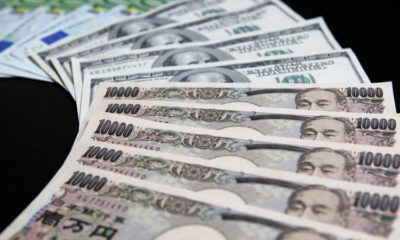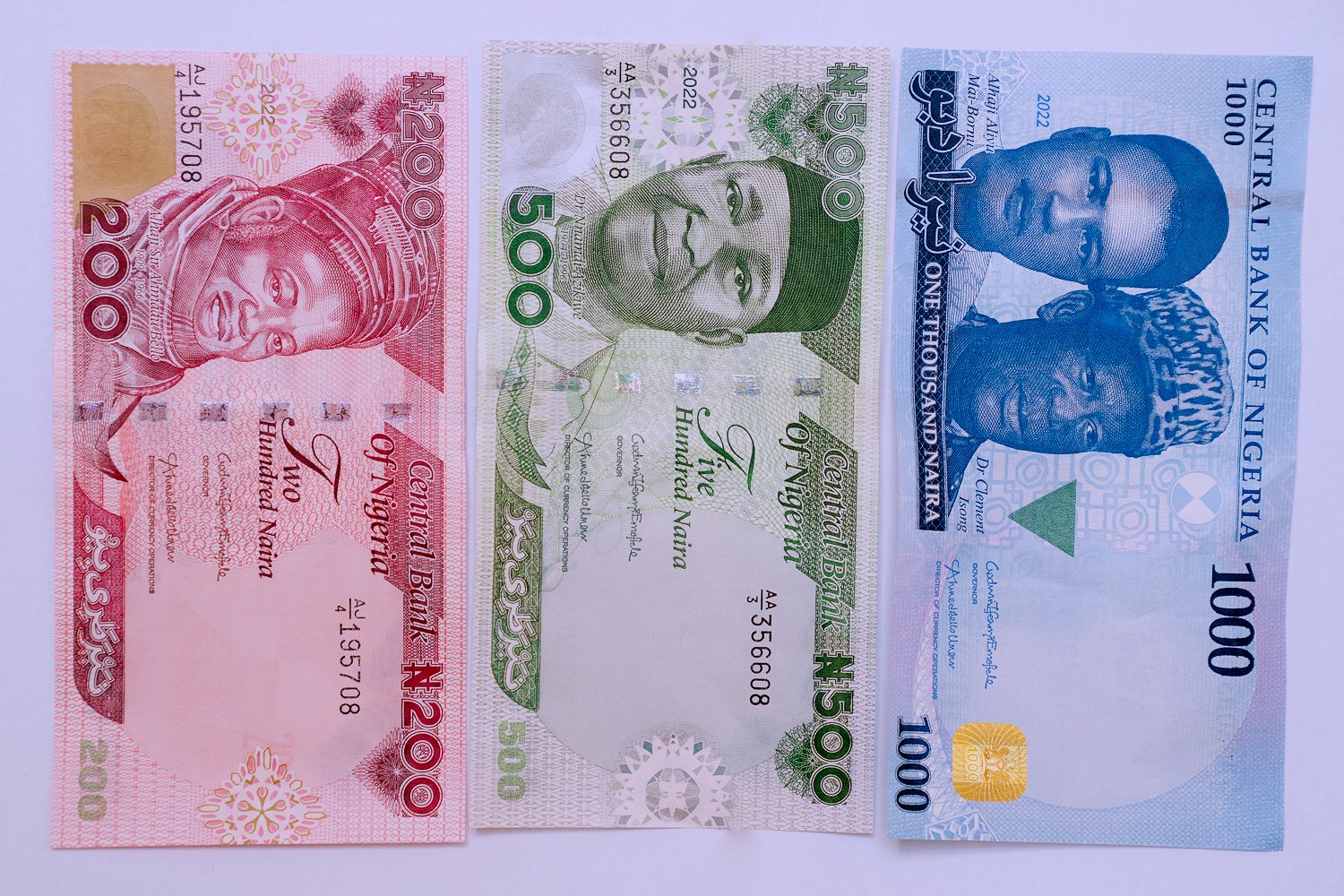Nigeria’s President Bola Tinubu brought his message of optimism to the New York Nasdaq exchange this week, calling on investors to “be confident in Nigeria.”
However, his spirited demeanor contrasts starkly with the growing unease on the streets of Nigeria, where confidence in the national currency, the naira, is eroding rapidly.
On Thursday, the naira hit a historic low, and currency traders tracking the exchange rate predict it is teetering on the edge of reaching a 1000-per-dollar exchange rate on the parallel market. The naira’s value has fallen nearly 30% below its official rate on the FMDQ OTC trading platform as both individuals and businesses scramble to acquire U.S. dollars.
Ogho Okiti, Chief Executive of ThinkBusiness Africa, a Lagos-based advisory and data services firm, described the current situation as a “demand for foreign exchange stampede,” noting that the demand extends beyond imports to the preservation of value.
The recent plunge in the naira has dampened much of the optimism generated by President Tinubu’s reform program, which he unveiled shortly after taking office in June.
His initial promises included unifying the complex exchange rate system and abolishing costly fuel subsidies, which initially sent Nigerian markets soaring.
During his speech in New York, President Tinubu reaffirmed his commitment to these reforms, assuring investors that bottlenecks had been removed and the exchange rate had been stabilized. However, market experts have a different perspective. Many attribute the naira’s decline to the central bank’s failure to supply dollars to the official market, leaving buyers no choice but to turn to street traders for foreign currency.
This divergence has dramatically widened the gap between the parallel and official exchange rates, which had initially converged after Tinubu’s inauguration.
Market players argue that authorities are not allowing the foreign exchange market to function as a “willing buyer, willing seller” platform, as they had promised.
Ayo Salami, Chief Investment Officer at Emerging Markets Investment Management Ltd. in London, stated, “With the current restrictions in the FX market, it is not possible to form a realistic judgment on the value of the naira.”
Concerns about reforms have grown further, especially after Tinubu was compelled to suspend a planned gasoline price increase last month. Hopes for a prompt and substantial interest rate hike to stabilize the naira were dashed by the central bank’s announcement that next week’s policy meeting would be postponed indefinitely.
Currently, interest rates stand at 18.75%, while inflation approaches 30%.
Moreover, the confirmation of the central bank’s new governor, former Citigroup executive Olayemi Cardoso, is pending. This delay, along with the resignation of the acting governor and four deputy governors, has created a policy-making vacuum at the highest level.
Foreign investors remain cautious about investing in local assets due to fears of exposure to a depreciating naira and concerns about capital withdrawal. The authorities have also yet to clear a backlog of hard currency arrears totaling billions of dollars owed to foreign companies and investors.
The naira’s decline has also affected Nigerian dollar bond markets, with issues maturing in 2033 falling more than half a cent on Thursday to 76.5 cents, a significant drop from end-July highs. While the Lagos stock exchange closed slightly lower for a second consecutive day, it still hovers near the 15-year highs reached soon after Tinubu’s inauguration.
Segun Agbaje, CEO of Guaranty Trust Holding Co., summed up the situation, saying, “People are not going to come in until they’re sure that there is a certain amount of stability around the exchange rate, and that’s where we are.”
Foreign investors and Nigerians alike will be closely watching how President Tinubu’s government navigates these economic challenges in the coming months.




 Naira4 weeks ago
Naira4 weeks ago
 Billionaire Watch4 weeks ago
Billionaire Watch4 weeks ago






 Naira4 weeks ago
Naira4 weeks ago






 Naira4 weeks ago
Naira4 weeks ago


 Naira3 weeks ago
Naira3 weeks ago






 Naira3 weeks ago
Naira3 weeks ago
 Economy4 weeks ago
Economy4 weeks ago


 Naira3 weeks ago
Naira3 weeks ago















